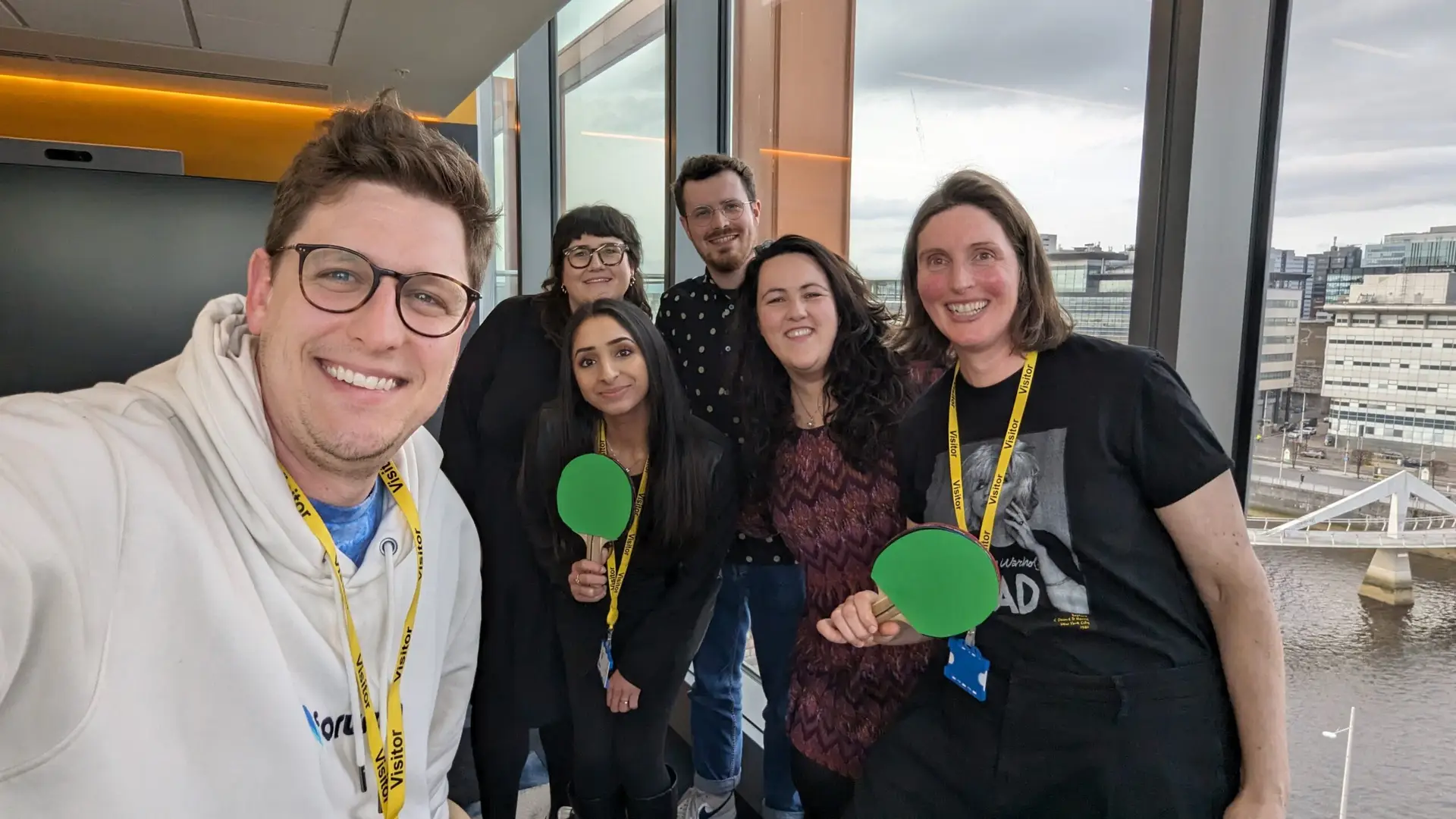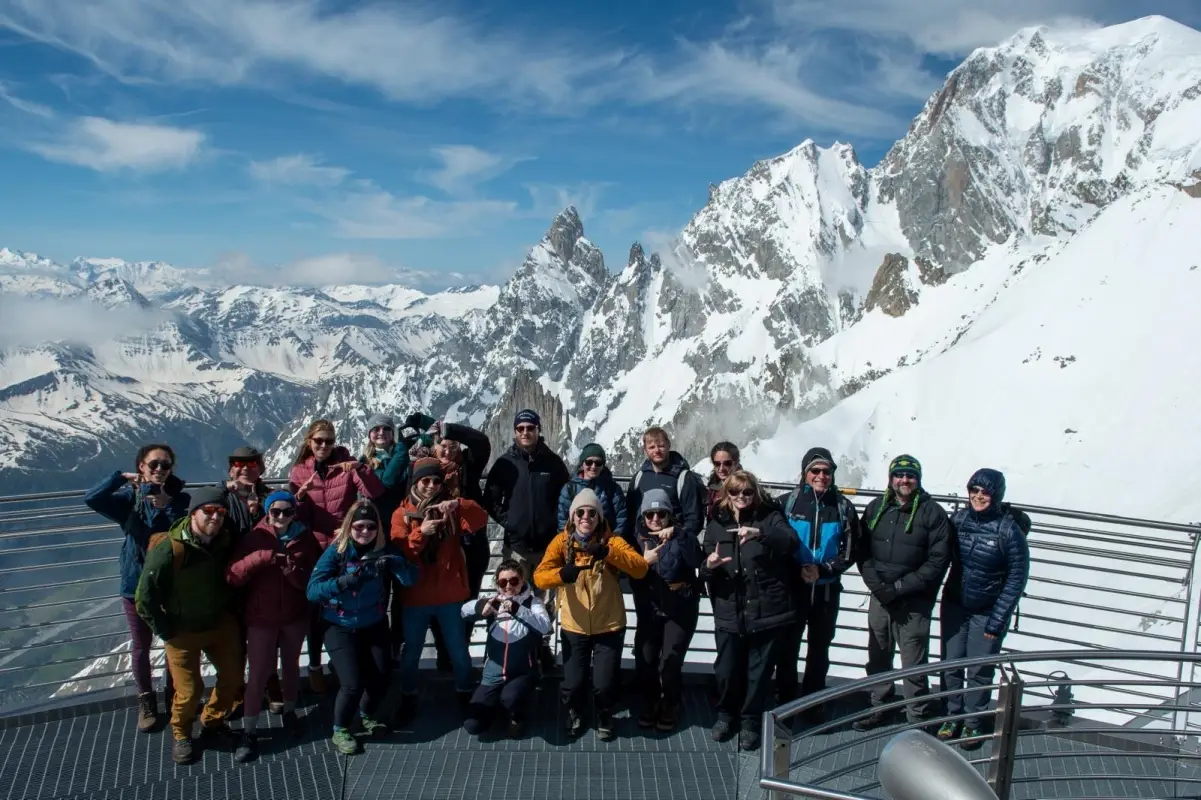
Why Social Media Teams Need to Pause and Audit (Before Burning Out)
Social media teams in education are stretched thin, often too busy posting to reflect on performance. This post explores how
“It’s not about having a deficit of attention; it’s about a deficit in your ability to control your attention.“
Angus McVittie
Legacy Officer at University of Newcastle
In our latest “Trials and Errors” webinar, we delve into the challenges and opportunities surrounding neurodiversity in the workplace. Featuring insights from Angus McVittie, a legacy officer and ADHD advocate, and Paula Alionyte, a higher education consultant with experience managing neurodiverse teams, the session emphasised the importance of understanding, adapting, and fostering trust in professional environments.
Their candid reflections and actionable advice offered a roadmap for creating workplaces where everyone can thrive.
“Psychological safety and trust are the foundation for creating an open workplace.”
Paula Alionyte
Founder & Director, Flow Strategies
This session underscored the value of open conversations and tailored support in building inclusive workplaces. By focusing on trust, flexibility, and individual strengths, managers and organisations can empower neurodiverse employees to succeed.
As Angus and Paula highlighted, addressing challenges head-on while fostering an environment of safety and growth benefits everyone involved.
Like to watch the next Trials and Errors episode live? View upcoming episodes here.

Social media teams in education are stretched thin, often too busy posting to reflect on performance. This post explores how

Let’s be honest, nobody loves scrolling through a 20-page PDF to find one sentence about how to name an Instagram

Social media has become a vital part of how universities and researchers share their work. But for early career academics,
